In February at Interior Health, we honour Black History Month and the vast contributions our Black employees have made and continue to make throughout our health-care system.
As Black History Month comes to a close, we spoke with several Black Interior Health employees about the struggles, barriers and journeys they have experienced, and the importance of celebrating Black history beyond February and educating ourselves about Black history.
It’s also an important reminder that, although we continue to implement and enhance diversity and inclusion efforts, there is a lot of work yet to be done to address bias, stereotypes, and racism.
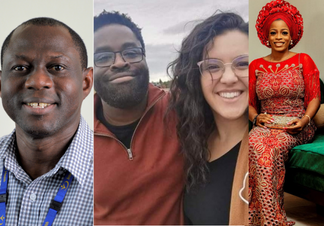
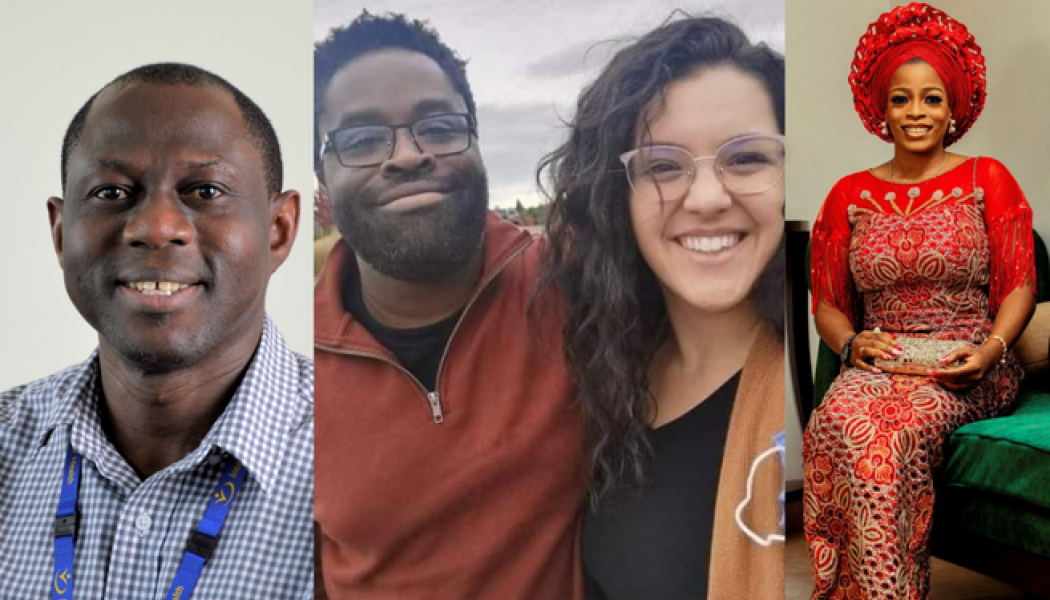


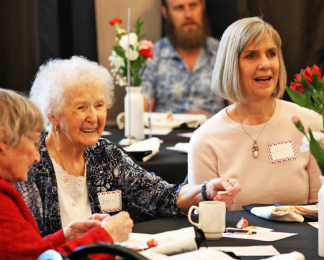
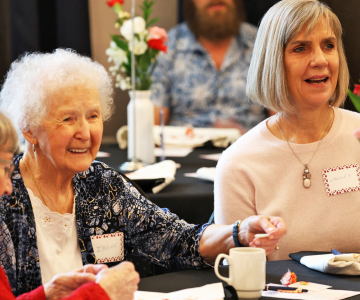






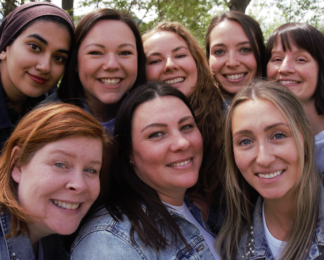
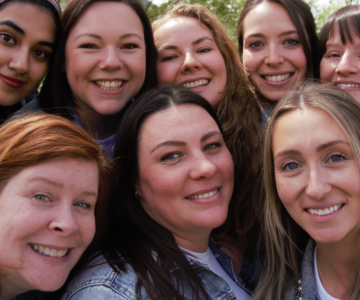

Comments from some of the Black employees at Interior Health
Project Manager Samuel Boateng says as a father to young girls, it’s important to him to make changes so his children can grow up in a more open and inclusive world.
"I think it is necessary to have Black History Month in light of the fact that our society has ignored Black history forever; it is necessary to have a distinct place on the calendar where we are forced to acknowledge Black history until a time when it gets the same air space as non-Black history," says Samuel. "However, I would like to see Black History Month embrace African history as well. To give the space to look beyond Black history in terms of North America and to engage cultural aspects of Black people and to acknowledge that 'Black history did not start with slavery' (attribution unknown).
“A barrier that I run into as a Black man, inside and outside IH, is that I need to put in twice the effort to accomplish half as much as my white peers. I always have to start at the bottom of an organization despite having the education and experience that should place me higher.”
Medical technologist Ayodele Badejo agrees. “Just like in every minority setting, we still struggle with full acceptance into the fabric of the society where equality and fairness is guaranteed.”
Chioma Akinkugbe-Ogbonna is an analyst on the lab Information systems team. Having worked at IH for more than four years, she says generally she has had good experiences as a Black employee – but she has also had “interesting interactions.”
“Some interactions are from people who genuinely want to learn more about my Nigerian culture or why my hair changes so often, while some interactions are filled with bias, stereotypes, and borderline racism.
“I really appreciate the work that Interior Health’s Employee Voices Advisory Group is doing on diversity and inclusion. I strongly believe it’s the little things that create big changes…just seeing the diversity and inclusion efforts has given me hope and the possibility of being comfortable while bringing my whole self to work.”